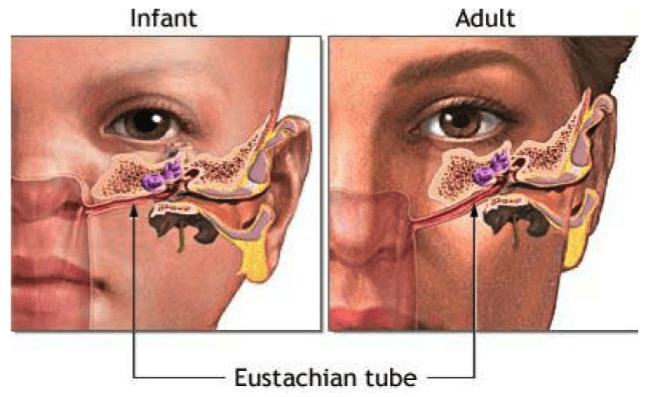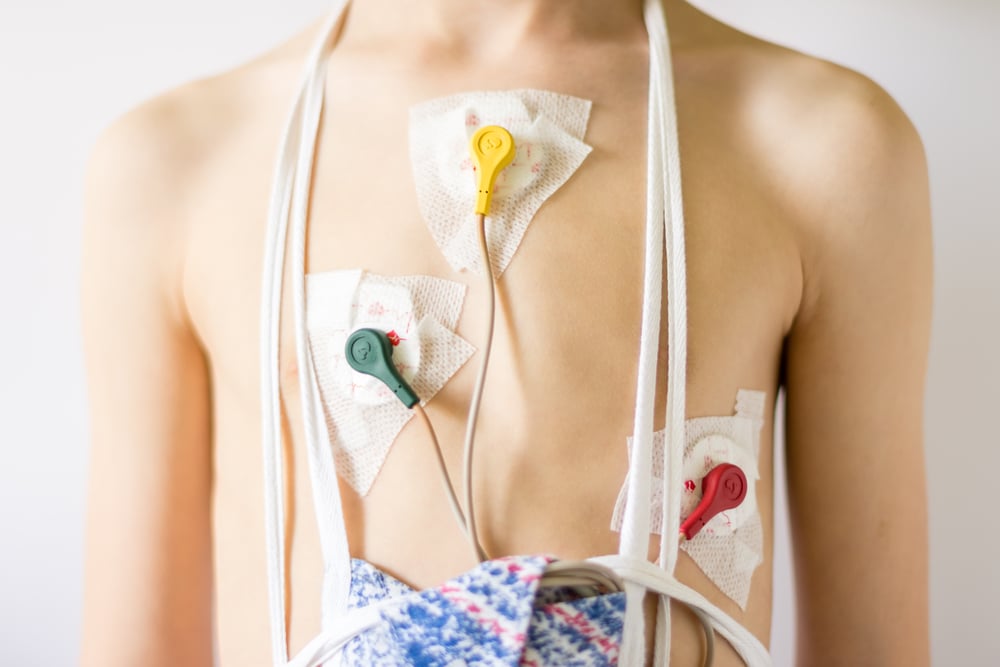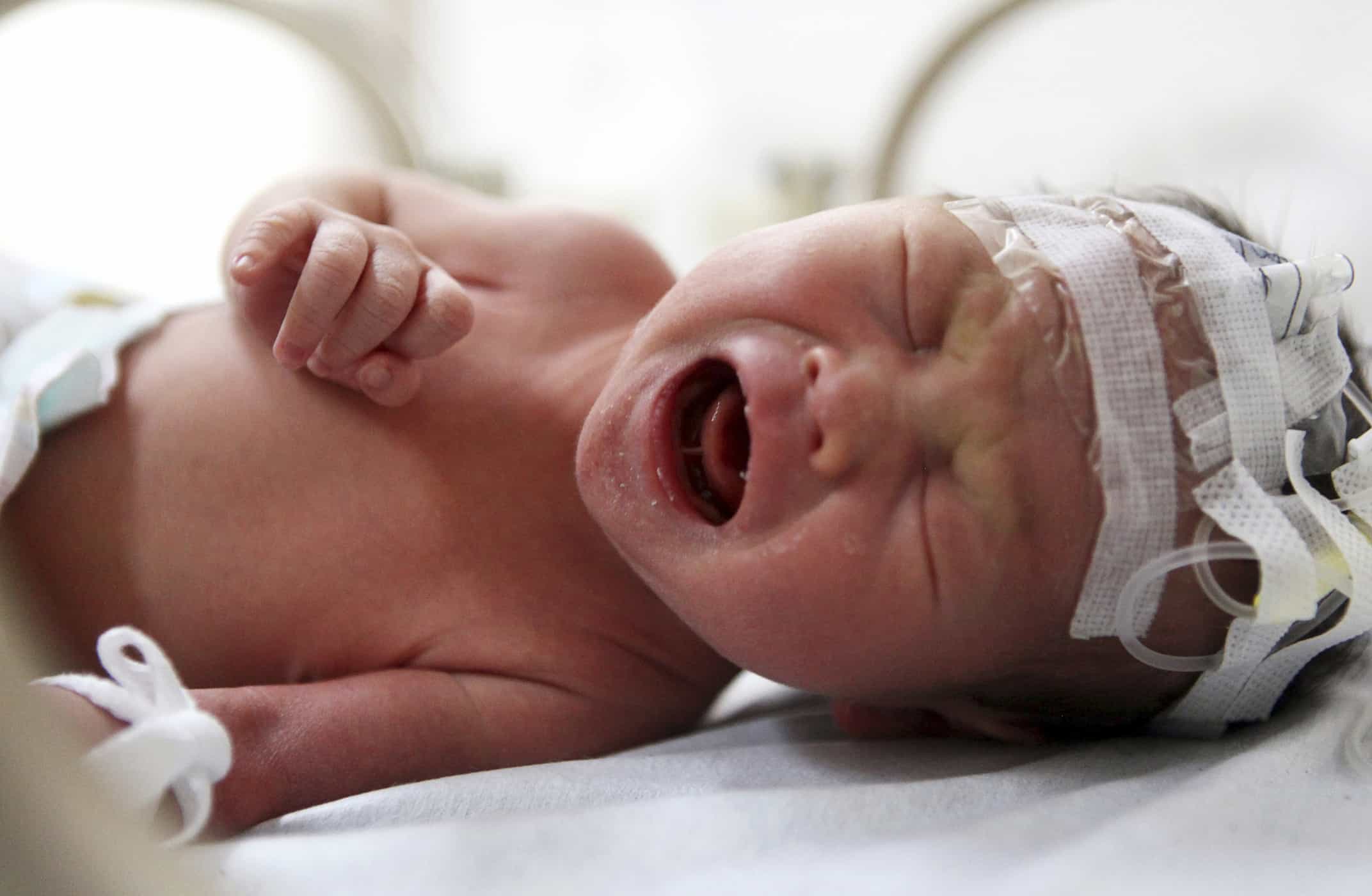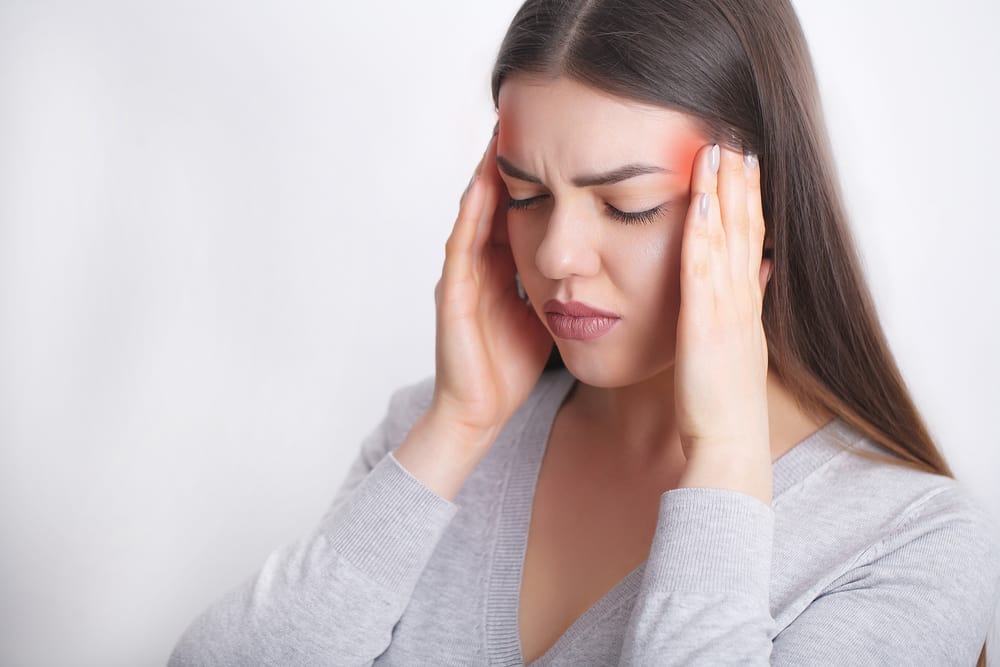Contents:
- Medical Video: Appetite, Obesity, and the Brain
- The hypothalamus, the part of the brain that regulates appetite
- Melanocotrin
- Mesolimbic system
- Leptin hormone
- Ghrelin hormone
Medical Video: Appetite, Obesity, and the Brain
Already natural instincts when we feel hungry then see food, definitely desire and appetite increase instantly. The body performs various functions and responses when getting external stimuli, including when starving also does the body also do various things related to the body's function to respond to hunger. Then how can hunger arise? Some feel hungry but some rarely feel hungry, what's the difference?
Appetite is controlled by the brain and hormones that work together to respond when appetite increases or decreases. Hunger signals will appear when the blood sugar in the body decreases due to being used for energy - energy for various activities. When the signal is received properly by the brain, it is not long before the desire and desire to eat a food will appear. Not only does the brain control appetite, but various hormones also play a role in this, such as insulin, glucagon, ghrelin, and leptin.
The hypothalamus, the part of the brain that regulates appetite
The brain has its own settings for regulating incoming and outgoing energy. To maintain this balance, the brain makes appetite rise and fall. When the energy produced is not enough to support the activities carried out, the brain, especially the hypothalamus will automatically increase appetite to get more food that comes in and then converted into energy. The hypothalamus is the part of the brain responsible for carrying out various bodily functions by producing various hormones, including hormones that affect appetite. The hypothalamus is the key and central to the response to hunger and appetite which will excrete various bodily functions in response to stimulation.
Melanocotrin
Melanocotrin 3 and 4 are receptors or message recipients in the hypothalamus. This substance regulates the portion that should be eaten to make the body full. Therefore, if there is a disturbance or damage to this receptor, the arrangement of portions will be chaotic and cause a person to overeat and cause obesity.
This is evidenced in experiments conducted on obese mice. The rats are known to have low levels of melanocotrin 3 and melanocotrin 4 so that no one regulates the portion of food that should be. In addition, melonocotrin also regulates the frequency of eating that should be done in a day, when there is a decrease in the amount of melanocotrin, the frequency of eating will be excessive and can cause weight gain.
Mesolimbic system
Mesolimbik is a part of the brain that regulates behavior, motivation, pleasure, and a sense of euphoria about something that then secretes the hormone dopamine. When you eat or drink something that tastes very good, the mesolimbic system will receive a signal of pleasure and happiness as a result of feeling good food. Then, the mesolimbic system secretes dopamine homo which gives rise to feelings of happiness and pleasure.
Leptin hormone
Leptin is a hormone formed by fat cells, which is also responsible for regulating appetite and hunger in the body. In the hypothalamus, there are receptors or special substances that receive leptin signals that will be active if the levels of leptin in the body are too high. Leptin will increase if the stomach is full and then will give a signal to the receptor. Special receptors in the hypothalamus will receive a message that the stomach is fully charged and decreases hunger and appetite. If the leptin hormone is too low in the body, eating can cause a person to overeat.
Ghrelin hormone
Unlike leptin, ghrelin is a hormone that makes you want to eat and increase hunger. Ghrelin is produced by the hypothalamus and will appear when there are conditions such as the amount of sugar in the blood decreases, the stomach is empty or when you see good food or a refreshing drink. Signals from the sense of sight and smell will be sent directly to the brain, especially the hypothalamus. Then the hypothalamus will tell the body to remove ghrelin.
When the amount of ghrelin increases in the body, the stomach will be automatically emptied and then held to accommodate the food that will enter. In addition, ghrelin will also stimulate the salivary glands to produce more saliva, which functions to help the food digestion process in the mouth.
READ ALSO
- Watch Out! Acidic Foods Make the pH of the Body Also Acidic
- 9 Effective Foods Repel Bloated Stomach
- Be Careful, Eating Excess Sugar Can Cause Osteoporosis












